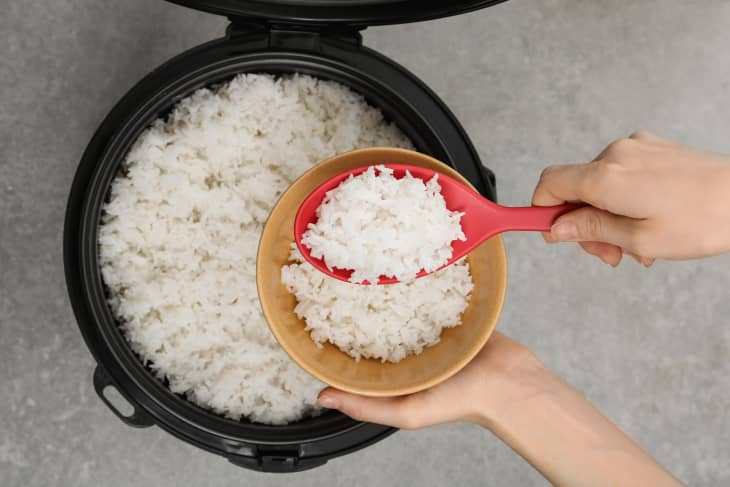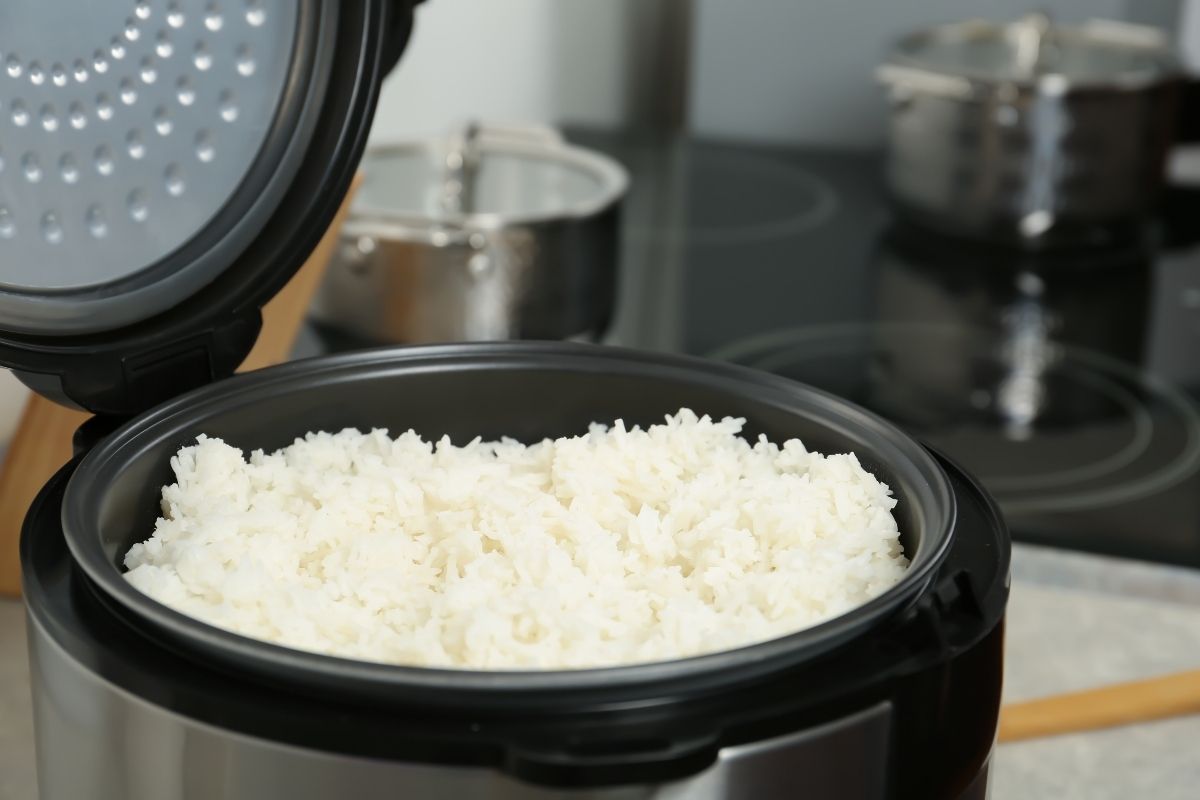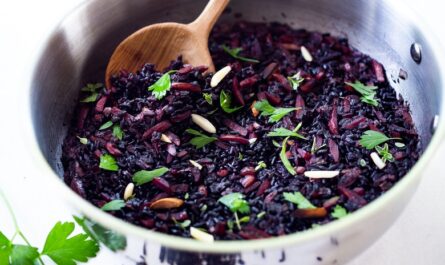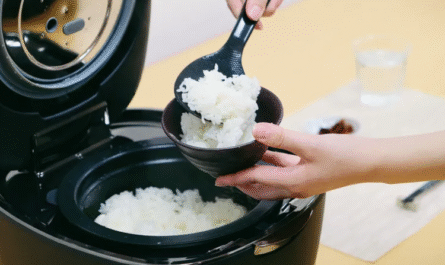For sushi lovers, the art of cooking rice to perfection is an essential skill. One crucial tool in achieving this is the rice cooker. However, the question often arises: How much electricity does a rice cooker use? Understanding this can help you make informed decisions about your energy consumption and its impact on your household expenses.

Understanding Rice Cookers and Their Functions
Rice cookers are kitchen appliances designed to boil or steam rice. They come in various sizes and functionalities, ranging from basic models that simply cook rice to advanced ones that can also prepare porridge, soup, and even bake cakes. The electricity usage of a rice cooker depends largely on its size, type, and features.
Types of Rice Cookers
There are several types of rice cookers available on the market, including basic electric rice cookers, fuzzy logic rice cookers, and induction heating rice cookers. Each type varies in terms of efficiency and energy consumption.
Factors Influencing Electricity Consumption
The electricity consumption of rice cookers is influenced by several factors such as the power rating of the cooker, the cooking time, and the type of rice being cooked. For instance, a basic rice cooker with a power rating of 500 watts might consume around 0.5 kWh if used for one hour.
Power Rating and Its Impact
The power rating of a rice cooker indicates how much electricity it uses per hour. A higher wattage means more power consumption. Typically, rice cookers range from 300 to 1000 watts.
Comparing Energy Efficiency
When comparing different rice cookers, it is important to consider their energy efficiency. Some models are designed to be more energy-efficient, utilizing technologies like fuzzy logic or induction heating to cook rice faster and save energy.
Energy-Efficient Models
Energy-efficient rice cookers not only save electricity but also reduce cooking time. These models often come with features like automatic shut-off and keep-warm functions that prevent unnecessary power usage.
Practical Tips for Reducing Electricity Usage
There are several practical steps you can take to reduce the electricity usage of your rice cooker. For instance, using the appropriate amount of water for the rice type and batch size can prevent overcooking and energy waste.
Utilizing the Keep-Warm Function
While the keep-warm function is convenient, it can also lead to additional power consumption if left on for extended periods. It’s advisable to use this feature sparingly to conserve energy.
Cooking Time and Its Role
Cooking time is another critical factor affecting electricity use. Shorter cooking times generally mean less electricity consumed. Understanding the appropriate cooking time for different types of rice can help optimize energy usage.
Quick Cooking Tips
Pre-soaking rice can reduce cooking time significantly, thus lowering energy consumption. Additionally, opting for quick-cook settings, if available, can further enhance efficiency.
The Environmental Impact
Reducing electricity usage not only decreases household expenses but also minimizes your carbon footprint. Efficient use of a rice cooker contributes to sustainable living practices.
Sustainable Cooking Practices
By choosing energy-efficient appliances and adopting mindful cooking habits, you can make your kitchen more eco-friendly. This aligns with the broader goal of reducing environmental impact.
Conclusion: Making Informed Choices
Understanding how much electricity a rice cooker uses is vital for sushi lovers who frequently use this appliance. By considering factors like power rating, cooking time, and energy-efficient models, you can optimize your electricity usage without compromising on the quality of your rice dishes. For more insights into making the most of your rice cooker, visit leftover brown rice and crispy rice with leftovers on our website.

FAQ
Do all rice cookers consume the same amount of electricity?
No, the electricity consumption varies based on the type, size, and features of the rice cooker.
Can using a rice cooker save energy compared to stovetop cooking?
Yes, rice cookers can be more energy-efficient than stovetop cooking, especially if they are designed with energy-saving features.
What are some tips for using a rice cooker efficiently?
Using the appropriate amount of water, opting for energy-efficient models, and utilizing quick-cook settings can enhance efficiency.
For further reading on choosing the best rice cooker for your needs, check out this rice cooker buying guide.
This article contains affiliate links. We may earn a commission at no extra cost to you.




